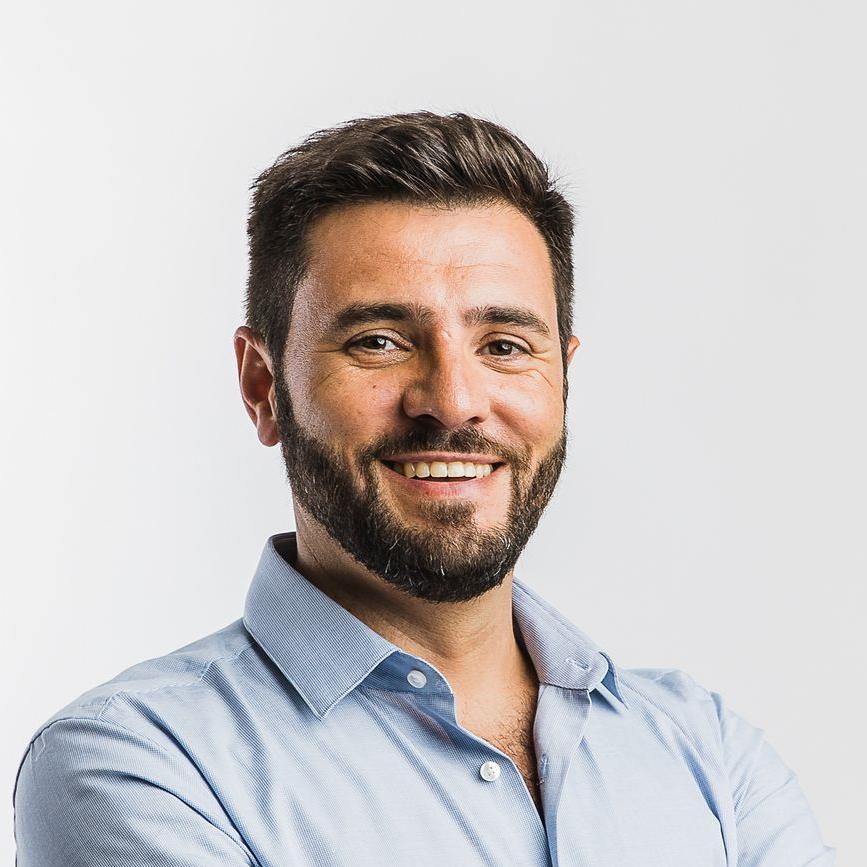I know I know little and I wonder if I can't do better…We all remember our favorite childhood heroes, the major aviator Alvega or the air hostess Shirley Flight. But with maturity, these heroes were replaced by the hero we would all like to be in our professions, and whose action would last beyond time, like a true myth.
The hero archetype has always been a conqueror, someone capable of covering himself with glory in the name of a greater cause such as the greatness of his people or nation, but in the middle of the last century we transferred the glory of conquest to the purchase of businesses and properties and by extension people or conscience. They are not true heroes, but simple celebrities, where the objective is exhausted in accumulating wealth because a hero practices actions, sometimes unreflective that transcend him, built on a communion of feelings between people.
If in a society with scarce resources, this desire for conquest can be understood as a need to fill an ownership void, in a century dominated by information and resource consumption, the dynamic of conquest has been replaced by the need to create, disseminate and use resources. knowledge effectively. This is neither an object nor a system, but an ephemeral relationship process that prevents it from being conquered, but it can be transmitted through knowledge networks in the constant search for new solutions. This misunderstanding has been responsible for the withering of many organizations, as they do not understand how to manage knowledge.
Buying means owning an object, transmitted by the notion of use or enjoyment. As opposed to sharing where we don't own it, we just limit ourselves to learning and teaching others. Because knowledge cannot be stored, measured or managed as a tool, sharing emerges as the most effective form of transmission and works through the older process of creating, transferring and interpreting knowledge. The narrative.

Narratives are as old as the world, and they have the power to bring people together when they fuse the individual feelings of a group. You don't have to be an actor or a journalist to create stories, we all remember moments in professional life with stories that left a mark on us. Just be truthful and meaningful for those present.
As a leader, presenting objectives to your employees usually starts with a PowerPoint sequence describing the objectives and strategy to achieve them, but tomorrow's leaders will choose to start the presentation with a true story involving the organization and a client, where an object was critical for the transformation that took place in his life. And only after we manage to create a moment of harmony with those present will we explain the organization's objectives and strategy to continue helping new customers.
Or would you also prefer to read a book from the last chapter to the first? When presenting the values for the next year, each employee focuses on the part that concerns them and ignores the whole of the company's life. Sharing does not mean having the most important board for spending more, but collaborating together with all boards to achieve the goals.
Make use of your innate storytelling ability to involve your employees in the company's strategy, but if you have difficulty understanding what kind of storytelling you should use and how to tell it, come join us for a workshop on storytelling within the scope of eXperience Agile in September with Soraia Jamal, a psychologist from the Armed Forces specialized in dealing with the unexpected.

Hugo Lourenço
Hugo Lourenço is the founder of Experience Agile® and DevOps Forum, Agile Human Factors ®, World Agility Forum ®, Agile21® - Improving through people, and Agile Thinkers Academy ®. Hugo is an Entrepreneur in several businesses and its main focus is to understand how companies are dealing with better ways of working and how to improve their business outcomes for their employees and customers.
Hugo is motivated by his values and getting his opinion recognized, perfectionist and creative as well a strong believer in a better outcome from people’s work, although he has a strong need for personal (people) trust/honest/transparent relationships and also doesn’t expect less than perfection from others too. Hugo was a marine and he is mission-oriented, if your business, department, or team is in danger or needs to be rescued, this is the right mission for Hugo and his international team.
The experience of working closely with the leaders of many of the brands that have already started this “Enterprise Agility” process outside Portugal, has made it clear that the company’s to get ready for an “unpredictable future” should seek to rationalize the portfolio of legacy products, create high-performance teaming, understand why they do what they do, and their impact on the new operating model. Hugo team will guide you to organizational design & a new way of working, and that will emerge psychological safety, emergent leadership, and new business models through sustainable processes.
He collaborates as a guest lecturer in some national and international business schools has a presence in the North American, and European markets.
Skills: Cynefin, Product Management, Project Management, DevOps Trainer, LeanKanban Trainer, Coach, Scrum Professional and trainer, High-Performance Teaming, Emergent Leadership, Design Thinking, Human Factors, Risk Manager, IT Governance and Service Manager.
Expertise in Business Areas: Defense, Healthcare, IT, Telecom, Bank and Insurance, Utilities.
Some of his interests are:
Motorcycle, traveling, reading, surf paddling, skiing, bicycle, cinema, theater, orchestra, museems.